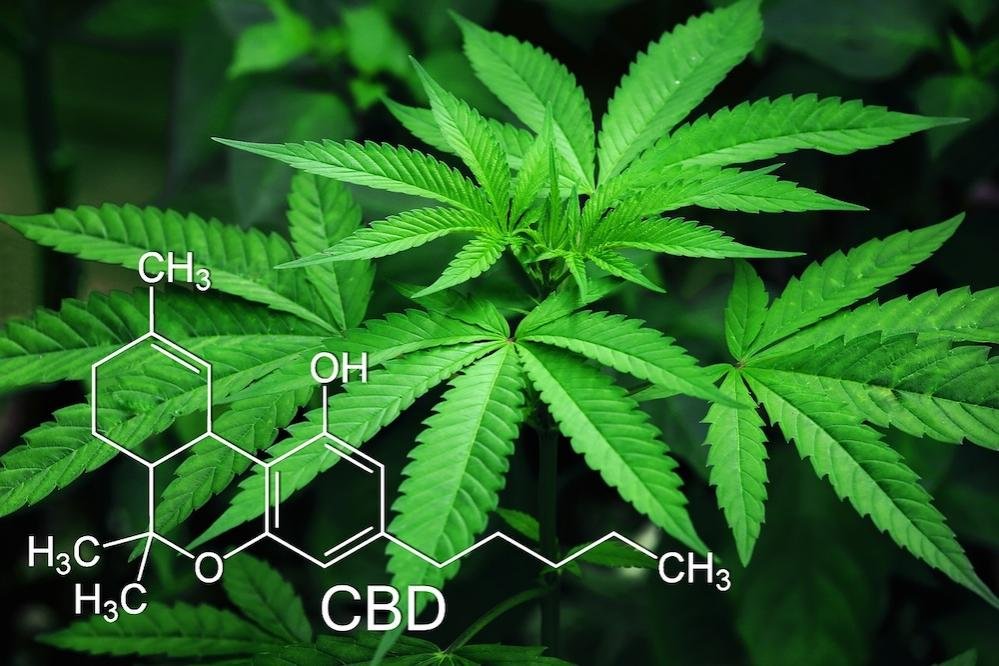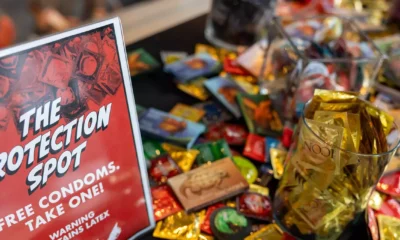Business
Arizona Hemp Industry Fights to Shield Unlicensed Retailers from Criminal Charges

Arizona’s hemp industry is gearing up for a legal battle, aiming to safeguard retailers involved in selling delta-9 and other non-marijuana THC products. On Wednesday, the Hemp Industry Trade Association of Arizona plans to file a special action in the Arizona Court of Appeals.
The association contends that Democratic Attorney General Kris Mayes has misinterpreted both state and federal law. She recently declared that all hemp products are illegal to sell without a marijuana dispensary license, threatening retailers with civil and criminal penalties starting April 24. The association is seeking to halt these enforcement actions while litigation unfolds in Maricopa County Superior Court.
“They’re trying to enforce what they wish the law was, but it’s not,” stated attorney Tom Dean at a press conference outside the state Capitol.
The 2018 Farm Bill established a clear distinction between marijuana, which contains a THC concentration of over 0.3%, and hemp, which has lower levels of the psychoactive compound. The Farm Bill federally legalized lower-THC hemp products, prompting the association to argue that sales of such products should not be subjected to state marijuana laws.
Mayes, however, maintains that Arizona law regulates all THC products, asserting, “Intoxicating THC products must be sold through licensed dispensaries, not convenience stores or smoke shops.” Her office insists that protecting children from untested substances is a primary concern.
Proposition 207, which legalized marijuana sales in dispensaries across Arizona, defines marijuana as “all parts of the plant genus cannabis,” while explicitly excluding industrial hemp. This legal ambiguity has raised questions about regulatory oversight.
Despite this, the Hemp Industry Trade Association asserts that the legislature’s failure to clearly regulate hemp products has created what they see as a legal loophole. “Prohibition is not the answer for safety. Regulation is,” remarked Muhammed Lotfy, owner of a THC-infused coffee shop. He emphasized that they seek a legal, not loophole-based, solution.
Lotfy and fellow business owners at the press conference defended their low-potency products as medicinal, targeting consumers aged 21 and over. Tiffany Hernandez, owner of KannaKweens, added that her offerings serve cancer patients and those suffering from chronic pain.
A.J. Jacobs, executive director of Arizona NORML, criticized Mayes’ enforcement stance, arguing it fails to enhance public safety and mainly harms Arizona’s farmers and small businesses.
Dean stated that the Arizona hemp industry had generated over $300 million in wages and provided more than 8,000 jobs in 2024. Tensions escalated last March when Mayes issued an advisory opinion that categorized delta-8, a hemp product, under state regulations, insisting such products could only be sold by licensed dispensaries.
Following this advisory, Mayes gave retailers until March 24 to cease selling delta-8 and other hemp products. In response, the association filed a lawsuit, asserting that Mayes’ actions contradict both state law and legislative intent.
“We think it should be revisited,” Dean noted, advocating for regulatory licenses in this sector, yet reminding that such mandates currently do not exist. He expressed a desire for Mayes to collaborate on improving testing standards for safer products.
“Handle this civilly, rather than threaten these owners,” he urged Mayes. It remains unclear when the appellate court will issue a ruling on the special action, as a recent motion for a temporary restraining order was denied by Maricopa County Superior Court Judge Randall Warner. Meanwhile, Mayes’ office has not enforced any actions against retailers to date.

















